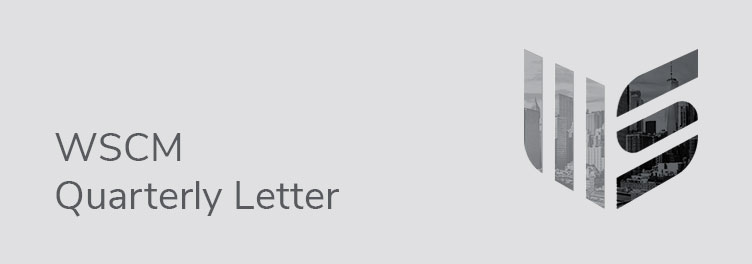
After an initial burst of optimism at the turn of the year, stocks and bonds started to weaken as Inauguration Day took place. Right after the election, the Small Business Index surged as business owners thought tax cuts and deregulation were coming their way, but this quickly reversed as the quarter ended and “Liberation Day” revealed the largest tariff increases the country has ever seen.
By their very nature, tariffs are inflationary and must be offset to maintain economic stability. Adding to the problem is the way the current administration is applying them with an on-again, off-again approach which leaves little confidence for business planners who must think years into the future. As of this writing, excluding those levied on China, all tariffs have been suspended or are under negotiation except for a 10% universal tariff, still a massive increase.
In 2017 the first Trump administration signed into law The Tax Cuts and Jobs Act (TCJA) which lowered marginal tax rates, capped the Alternative Minimum Tax (AMT), doubled the standard deductions and child tax credit, created a new deduction for small businesses, and raised the estate tax exemption. At the same time, the bill capped the state and local tax deduction, the mortgage deduction, and personal exemptions. All these provisions revert to pre-TCJA levels should Congress not act to extend or make them permanent by the end of this year. The cost to consumers alone would be about $400 billion over a ten-year period.
With so much uncertainty, equity markets have sold off sharply. From a technical perspective we have seen negative sentiment extremes, indiscriminate selling, and capitulating price action. It is quite possible that we have reached the market lows but we do not think that a sustainable rally is possible at this point and that, instead, a trading range is more probable. First, we must have clarity with regards to a sensible tariff policy. Second, we must have tax relief, rather than a tax increase to offset the effects of the tariff increases. Finally, we must have some cooperation from the Federal Reserve, which has so far maintained a restrictive policy.
April 2025
Click to Download
PLEASE NOTE: Unless otherwise stated, the firm and any affiliated person or entity 1) either does not own any, or owns less than 1%, of the outstanding shares of any public company mentioned, 2) does not receive, and has not within the past 12 months received, investment banking compensation or other compensation from any public company mentioned, and 3) does not expect within the next three months to receive investment banking compensation or other compensation from any public company mentioned. The firm does not currently make markets in any public securities.